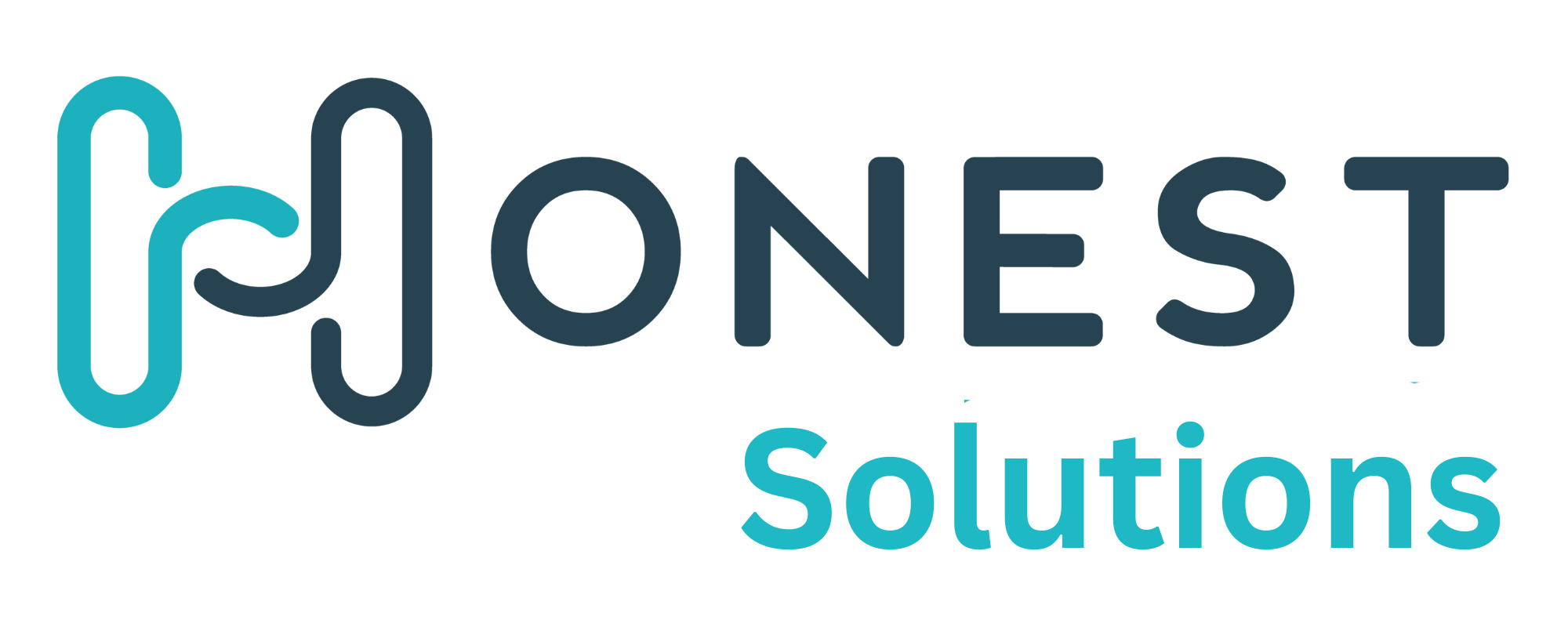Transitioning From University to Work.
Transitioning from university to work felt like stepping into a new chapter of my life's story. It was the moment when I traded my textbooks and lectures for real-world experiences and career opportunities, shaping my professional and personal growth.
One significant difference I encountered was time management. At university, I enjoyed the freedom to manage my own time and study whenever it suited me best. However, in the workplace, I had fixed hours to follow. This shift required me to adapt to a more structured schedule, which was initially challenging but ultimately helped me develop better discipline and efficiency.
Additionally, responsibility took on a new meaning for me. At university, I often had the freedom to skip classes that didn't interest me, but in the workplace, everything became my responsibility. I was accountable for my tasks and commitments. This sense of responsibility helped me grow professionally and personally, teaching me the importance of reliability and dedication.
Furthermore, the way I learned changed dramatically. Instead of just memorising information, I had to focus on solving problems. At university, I could get good grades by memorising material, but in my job as a software engineer, being good at finding solutions was what really counted. This shift in learning style pushed me to think more critically and creatively, enhancing my problem-solving skills.
In the workplace, there was a noticeable shift towards prioritising employee well-being. While personal welfare might have been less emphasised during my university years, it became significantly recognized in the workplace.This includes factors like the overall atmosphere in the workplace, how much work gets done, and how everyone on the team feels. Understanding this connection made me realise the importance of looking after myself better. I saw that taking care of my well-being was crucial not just for my job performance but also for maintaining a good balance between work and my personal life.
Lastly, navigating hierarchy and communication was a significant adjustment. In the workplace, there was a clear hierarchy that I needed to respect, unlike at university where peer interactions were more casual. However, the effective communication and collaboration skills I had learned at university remained crucial. These skills helped me build strong professional relationships and work effectively within my team.
Overall, as I transitioned from university to the workplace, embracing these differences and committing to doing my best was essential. This approach allowed me to discover and develop new skills that made me stand out in my field, setting the foundation for a successful and fulfilling career.
Want to learn more? You're welcome to contact us here!
Published on 2024-06-24.

